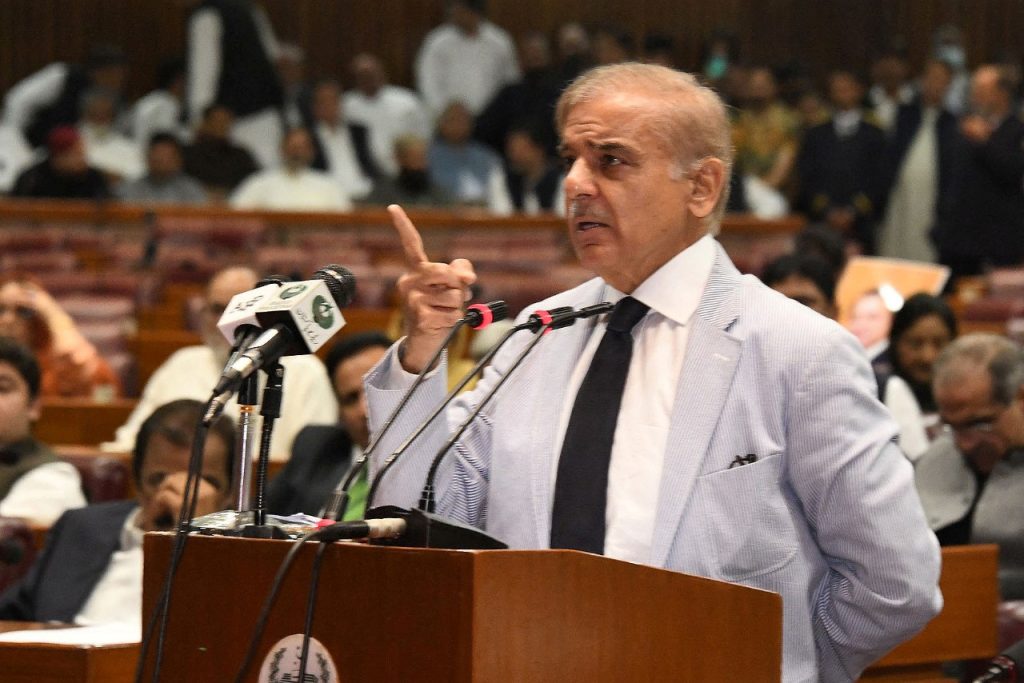Who is Pakistan’s new Prime Minister?

Former opposition leader Sharif, 70, is set to serve as Prime Minister until the next general election, expected in 2023. He was elected by Pakistan’s parliament after former cricket star Khan was dismissed as Prime Minister in a no-confidence vote that had threatened to set off a constitutional crisis. For weeks Sharif had been leading a campaign to remove Khan over allegations of poor governance and economic mismanagement. Sharif’s rise has been mired in political conflict, and critics say he now faces the daunting task of reviving a flailing economy and maintaining important relations with key countries against the backdrop of widespread protests in favor of Khan. “It has been a historic (few weeks), with our young and fragile democracy being tested to its very limit,” said Kamal Wattoo, a lawyer and columnist based in the capital, Islamabad. “What we can only hope is at the end of this constitutional crisis, our democracy is left shaken but standing.” Khan is expected to challenge Sharif in the general election next year, and is likely to further his allegations of a “foreign conspiracy” against him.Since Khan’s ouster, tens of thousands of his supporters have taken to the streets in key cities across Pakistan to protest, chanting slogans against the US and Pakistan’s military. Khan’s supporters blame the military for seeming to have withdrawn support for him in recent months.Unlike Khan, Sharif has maintained an amicable relationship with the generals — something analysts say could bode well for him. Still, according to Wattoo, Sharif could face a tough road ahead. “The (conspiracy) label will be difficult for (Sharif) to shake off,” Wattoo said. “Corruption allegations (against Sharif) will persist, and it is inevitable that regular Pakistanis will tire of the prime minister’s office being treated as a family heirloom between brothers.”






